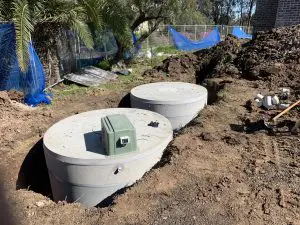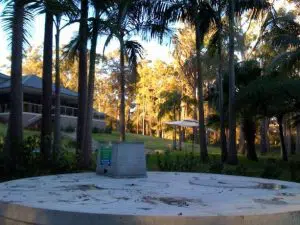What Is Considered Commercial Wastewater?
What is Commercial or Industrial Wastewater?
Commercial or industrial wastewater refers to the liquid waste generated by businesses and factories. This type of wastewater can contain a wide range of contaminants, including chemicals, heavy metals, and microorganisms, as well as physical materials such as oil, grease, and sand. The composition and characteristics of commercial or industrial wastewater can vary significantly depending on the type of industry and the processes involved.
Sources of Commercial or Industrial Wastewater
There are many different sources of commercial or industrial wastewater, including:
- Manufacturing facilities
- Power plants
- Food processing plants
- Mining operations
- Oil and gas drilling and refining
- Pharmaceutical production
In general, any type of business or industry that produces or uses large quantities of water as part of its operations can generate commercial or industrial wastewater.
Treatment of Commercial or Industrial Wastewater
Proper treatment of commercial or industrial wastewater is important for a number of reasons. First and foremost, untreated or poorly treated wastewater can pose significant risks to human health and the environment. Contaminants in wastewater can pollute rivers, lakes, and other bodies of water, harming aquatic life and potentially affecting the water quality of the area. In addition, the release of untreated wastewater can also contribute to air pollution through the release of methane and other harmful gases during the treatment process.
To protect human health and the environment, it is important that commercial or industrial wastewater is treated to remove or reduce the levels of contaminants it contains. There are a number of different technologies and approaches that can be used to treat commercial or industrial wastewater, including physical, chemical, and biological treatment methods. The specific treatment methods used will depend on the specific contaminants present in the wastewater and the desired level of treatment.
Regulation of Commercial or Industrial Wastewater
In many countries, the treatment and discharge of commercial or industrial wastewater is regulated by government agencies to ensure that it is properly treated and does not pose a risk to human health or the environment. These regulations typically specify limits on the levels of various contaminants that are allowed in the wastewater, as well as the required treatment methods and technologies. Businesses and industries that generate commercial or industrial wastewater are typically required to obtain permits and meet certain standards in order to discharge their wastewater into the environment.
In addition to government regulations, many businesses and industries also have their own internal programs and policies in place to manage their wastewater and ensure that it is properly treated. This can include measures such as implementing best management practices, investing in advanced treatment technologies, and monitoring and testing the quality of their wastewater.
Conclusion
Commercial or industrial wastewater is a type of liquid waste generated by businesses and industries. It can contain a wide range of contaminants and materials, and proper treatment is necessary to protect human health and the environment. Treatment methods and technologies, as well as regulations and policies, vary depending on the specific contaminants present and the desired level of treatment. By properly managing their wastewater, businesses and industries can help to protect public health and the environment, while also complying with regulatory requirements.
Don’t wait now and contact us for a fast quote on 1800 808 135 or visit us at www.ecoseptic.com.au for any additional information and our full range of services.
Eco-Septic is a Sydney based manufacturer and specialises in commercial wastewater systems of various shapes and designs. We can provide fast and free quotes relevant to your commercial wastewater needs, all while keeping in mind individual spending capabilities.
We cover all Sydney suburbs as well as the regions of South Coast, Snowy Mountains, Southern Highlands, Riverina, Blue Mountains and Hawkesbury, Laguna, North and Mid North Coast, Bateman’s Bay, Nowra, Mallacoota, Narooma, Balmoral, Cobargo, Glenn Ines, Avondale, Glenmore, Mogo, Targao, Torrumbarry, Albury, Faulconbridge, Maraylya, Sherbrooke, Strathdickie, Little Hartley, Linden, cattail, Bowen Mountain, Murrwillumbah, Kyogle, Bryon Bay, Lismore, Evan Heads, Yamba, Grafton and surrounding areas.
Related Posts
- How the wastewater treatment process works
- Secrets to keeping an Odor Free Septic System
- Septic Tank vs. Sewer System: Making the Right Choice for Your Sydney Property
- The Various Uses of Treated Wastewater
- What is a home sewage treatment plant
- Septic Tank Maintenance 101: A Comprehensive Guide for Sydney Homeowners
- Reinventing the Septic Tank for the 21st Century
- Waste Not, Want Not: Transforming Septic Tank Sludge into Resources




